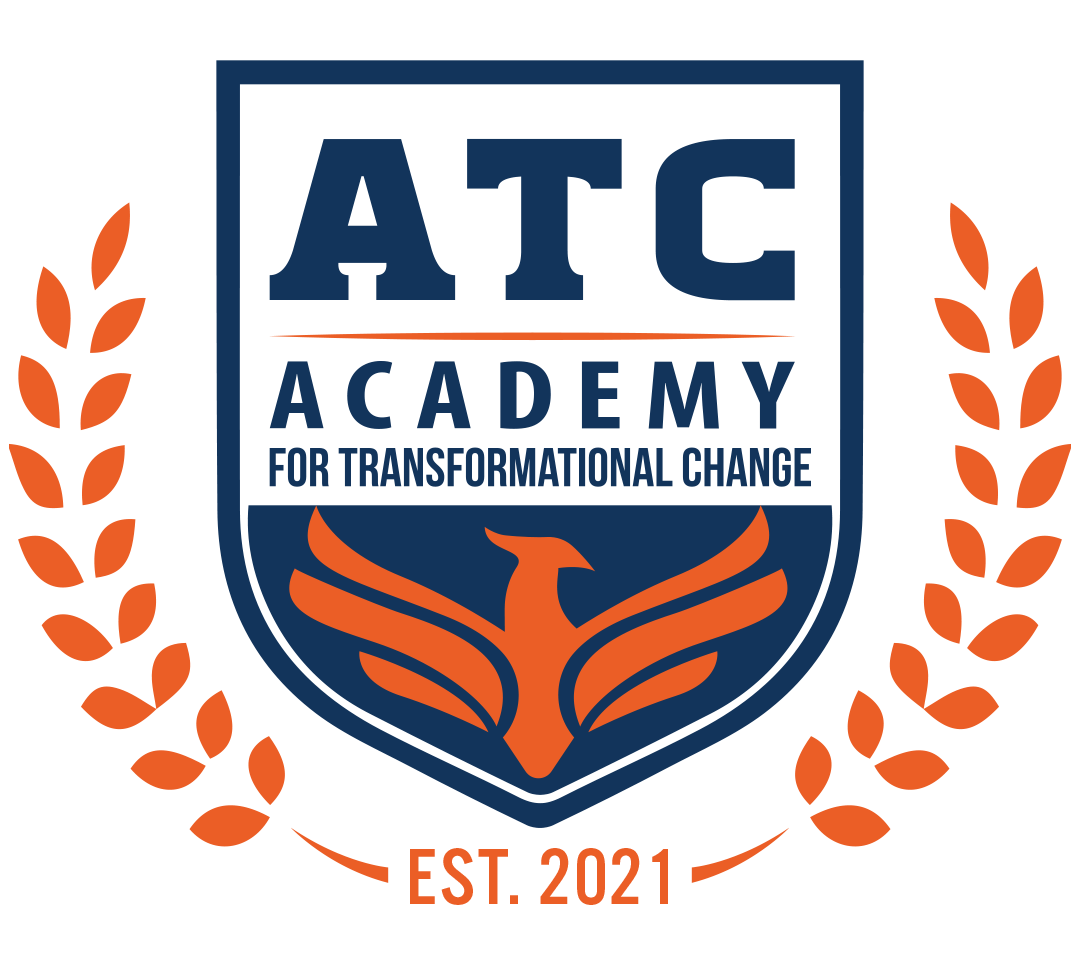B.A.S.E.S
Building a Safe and Effective System
Violence interruption and credible messaging is a novel approach to disrupting cycles of violence that erode communities. Urgency to begin this work can often overlook the need for detailed planning to ensure these programs and their providers operate in a deliberate, sustainable, and safe manner. The Academy for Transformational Change (ATC) has developed a comprehensive protocol development approach that addresses best practices to deal with the harsh realities of violence interruption work at the strategic and tactical level – The BASES technical assistance project (Building a Safe and Effective System). Leaders should invest in this extremely valuable resource to assess the current state of their programs and adapt applicable guidelines, policies, and procedures to suit their unique operations.
If you are interested in learning more,
If you are interested in learning more,
The Academy for Transformational Change (ATC) has developed a comprehensive protocol development approach that utilizes best practices to deal with the harsh realities of violence prevention initiatives at a strategic and tactical level. BASES (Building a Safe and Effective System) is an innovative program designed to develop resilience within your organization: the ability to prepare for and respond to crises that could result in loss of life, damage the community’s perception of your group, and threaten the continuation of your team’s work. Addressing topics ranging from legal liabilities to clients with firearms, this custom and phased program builds preparedness and security capacity for credible messengers through safety, best practices, education, scenario-based workshops, plan development seminars, and crisis management exercises. The curriculum engages the full breadth of your team, from executive directors to outreach workers, and culminates in testing your team’s newly developed security procedures in a mock crisis.
CONGRATULATIONS
to the leadership of several Onondaga County agencies for taking the necessary steps towards safety protocol development



DO YOU HAVE SAFETY PROTOCOLS?
Initial Assessment
In this phase, we introduce the program and examine your strengths and weaknesses. After completing an assessment form, ATC builds a custom curriculum for the Strategies and Tactics Foundation seminars.
Audience Participants should include at least two individuals from each position type: senior leaders, managers, and outreach workers (i.e., group size 6-8 persons). Feedback from participants from all levels of the organization is essential.
General Topics for Discussion Mission, goals, and services of the organization; knowledge of past incidents and current issue areas; understanding of existing plans, procedures, and training.
Strategy and Tactics Foundation
Day One: Organizational Safety Foundation
(6-hour in-person seminar)
During this executive-focused seminar, we develop a Crisis Action Plan, Safety and Security Procedures, and Insurance and Liability considerations.
Audience All senior leaders, administrators, and individuals with safety and security duties participate.
General Topics for Discussion Hiring, training, and onboarding processes; organizational chart; existing safety and security controls; partnerships; insurance coverage; operational liability.
Day Two: Front-Line Safety Foundation
(6-hour in-person seminar)
This seminar is for front-line workers and supervisors. It covers best practices for personal protection, self-awareness, safe office operations, field contacts, and client engagement.
Audience All outreach workers and managers participate.
General Topics for Discussion Knowledge of existing safety and security protocols, training, and onboarding. Awareness of recent incidents of note.
Day Three: Crisis Management and Plan Development Foundation
(6-hour in-person seminar)
This hands-on seminar covers the best practices for safety and security planning, crisis management, and public affairs. Participants work in groups to develop basic crisis plans, mock media interviews, and public statements.
Audience Senior leaders, spokespersons, individuals with safety and security roles, and outreach staff supervisors participate.
General Topics for Discussion Analyze past incidents of note, public affairs, and social media operations.
Coaching and Program Development
Weekly check-ins to provide advice and subject matter expertise as the organization develops its internal safety and security procedures.
Audience Everyone involved with developing internal safety and security procedures participate.
General Topics for Discussion Existing and newly developed safety and security protocols. Training and onboarding.
Crisis Management Exercise
A mock crisis tabletop exercise for the whole organization will stress and test their newly developed safety and security procedures. ATC facilitators will guide the team through a detailed and unfolding scenario and engage all participants in their decisions, actions, and considerations as they apply their plans to the needs of the crisis. After the exercise, a roundtable discussion led by ATC will collect feedback from all participants on their experience and the performance of the organization’s plans.
Audience Everyone in the organization.
General Topics for Discussion Existing and newly developed protocols.
